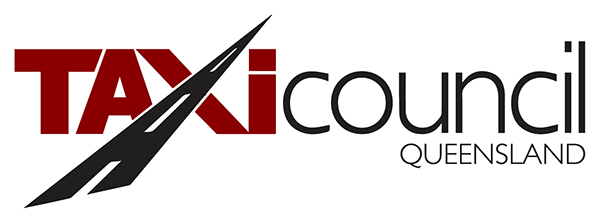Media release
April 12, 2019
The Taxi Council of Queensland (TCQ) and Griffith University’s School of Applied Psychology are looking for 100 Queensland taxi drivers who are prepared to wear a Fitbit watch to track their sleep and fatigue patterns. Participants will be asked to upload their data from a personal monitoring device supplied as part of the study, to collect data for one month on driver tiredness levels.
The project is a cooperative effort between TCQ and Griffith University, which has funding support from the Motor Accident Insurance Commission (MAIC) It aims to explore how taxi drivers currently manage fatigue and what can be done by drivers, operators and taxi booking companies to help better manage fatigue. Ultimately the goal is to improve safety for everyone using a Queensland taxi service and so it is a project that will potentially benefit taxi drivers and passengers alike.
Drivers participating in the study just need to wear a Fitbit type watch for a month. They will be asked to share their profile data with researchers on a weekly basis and answer a short questionnaire at the beginning and end of the project to gauge their wellbeing.
“This study will help the industry to objectively assess fatigue-related risks and develop targeted measures to manage them. We know that driving a taxi is fundamentally different to driving a bus or big truck. It follows then that much of the research about fatigue in a heavy vehicle context has little relevance or application for our cab drivers. We need to study fatigue in the real world experienced by taxi drivers,” said TCQ CEO, Blair Davies.
Mr Davies said safety is always the top priority for the taxi industry and TCQ is pleased to be joining with Griffith University and MAIC to study taxi driver fatigue. It is a serious area of risk and the results of the research project are likely to have wide application within the personalized transport sector. TCQ expects that recommendations coming from the study will likely inform the review being conducted by the State Government into the regulatory reforms introduced in 2016/17.
“Many taxi and booked hire drivers do not regard driving as their sole source of income. They sometimes have other jobs or roles which can significantly impact their fatigue levels. Using smartwatch technologies like Fitbits will help collect data on driver tiredness before and during a shift as well as recovery after a shift. Analysis of this real-world data will help the industry assess and adjust our fatigue management policies and practices,” Mr Davies said.
Driver fatigue is a complex, multi-factorial issue in the taxi industry, due in part to the special challenges associated with providing on-demand transport services, 24 hours a day, every day of the year. A typical 12-hour shift for a taxi driver involves a unique mix of driving while interacting with new and different passengers, driving alone, waiting on ranks for customers, and dedicated rest breaks. As a result, many of the rules of thumb that work well in other industry settings have no relevance whatsoever in a taxi work environment.
Taxi driver fatigue is a serious issue and one that genuinely warrants specialised study. If you would like to put your hand up to participate in the TCQ-Griffith University research project looking into taxi driver health and fatigue management, you can send your details to admin@tcq.org.au.
ENDS
